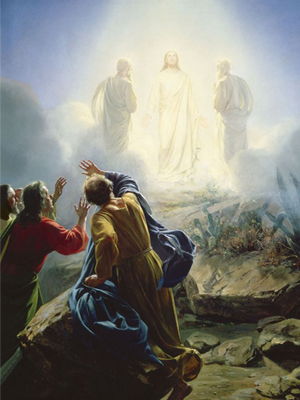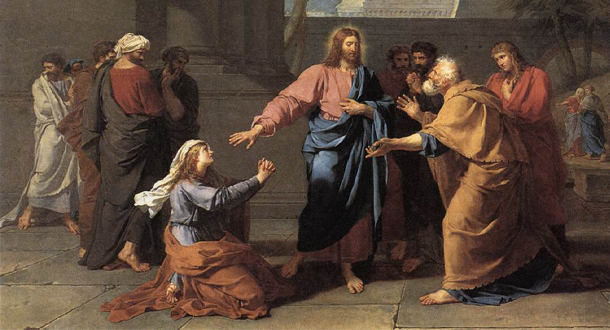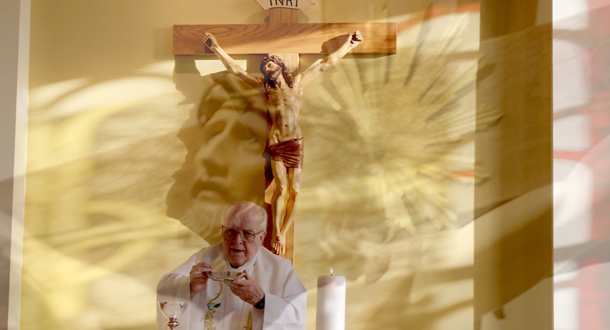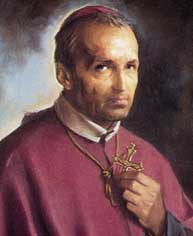 Scripture:
Scripture:
Hebrews 1:12-2:4
Matthew 17:14-20
Reflection:
Today’s gospel is a story about faithlessness and faith. But it begins way back in the Book of Deuteronomy. There, a dying Moses tells the Israelites in his farewell discourse: “The Lord your God will raise up for you a prophet like me from among you, from your brothers – it is to him you shall listen…” (Deut 18:15-19). In his gospel, Matthew takes those words to cast Jesus as that prophet, the new Moses who has come to deliver his people.
Chapter 17 in his gospel opens with the transfiguration of Jesus on a high mountain, where he took with him Peter, James and John. There, from a cloud that covered the mountain, they heard a voice that thundered: “This is my beloved son, with whom I am well pleased. Listen to him” (Mt 17:1-8). That scene echoes the episode of Moses at Mount Sinai where he took three of his close associates with him up that high mountain (Ex 24:9), covered by God’s glory in a cloud, and who spoke to Moses (Ex. 24:16).
Today’s gospel reading in chapter 17 continues the Sinai parallels. Jesus comes down the mountain and immediately runs into a demon-possessed boy, a distraught father and a bunch of hapless disciples’ helpless to heal the boy. Jesus responds to this situation with the words: “O faithless and perverse generation, how long will I be with you? How long will I endure you?” (Mt 17:17). This, of course, recalls Moses coming down Mount Sinai to find the people worshipping the golden calf. Moses rebuked the Israelites as a “perverse and crooked generation” (Deut 32:5).
Just as the Israelites showed little faith in the God who delivered them from Egyptian slavery, so too, the disciples showed little faith in God, even though Jesus early had given them authority over “unclean spirits” (Mt 10:1).
“To move mountains” is proverbial expression Jesus then uses to challenge his muddled, befuddled, and confused disciples – and us. It is easier, more pleasant to experience a mountain-top faith than to return to our broken and doubt-ridden world and to exercise that faith. Too often, that obstacle in our lives, which looks like the size of a high mountain, is just too much to overcome. And so, we seize on our familiar and secure golden calves to somehow fix the problem. That will never do. That is the quick solution of a faithless generation, and it never works, never heals.
But, faith the size of a mustard seed can move mountains, Jesus tells us. The insurmountable can be accomplished by the infinitesimal. Faith – even a small and fragile faith – has the power to unleash God’s healing grace in our lives. That is what Jesus tells us. And when we doubt his words, we are to listen to that thunderous cloud-covered, mountain-top voice: “Listen to him.”
Deacon Manuel Valencia is on the staff at Mater Dolorosa Passionist Retreat Center, Sierra Madre, California.

 Scripture:
Scripture:
 Scripture:
Scripture: Memorial of St. John Vianney
Memorial of St. John Vianney Scripture:
Scripture:
